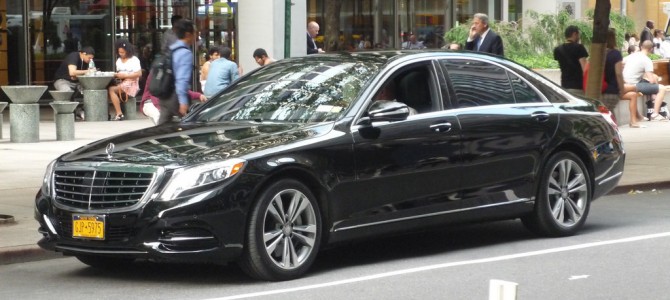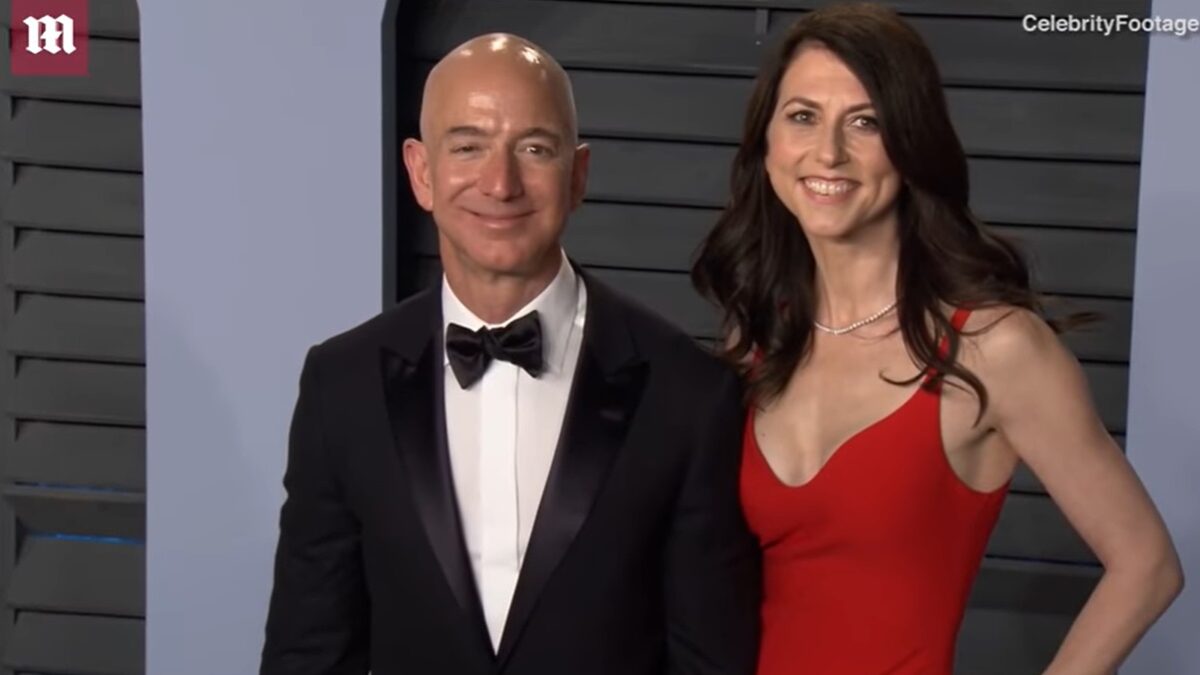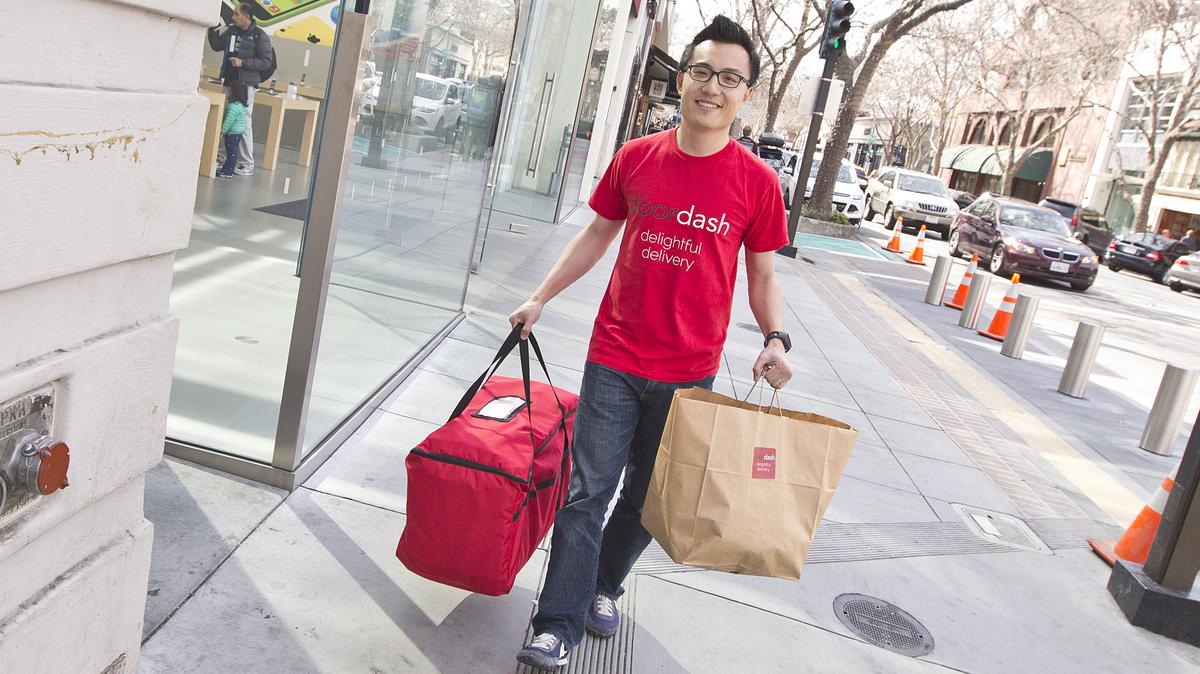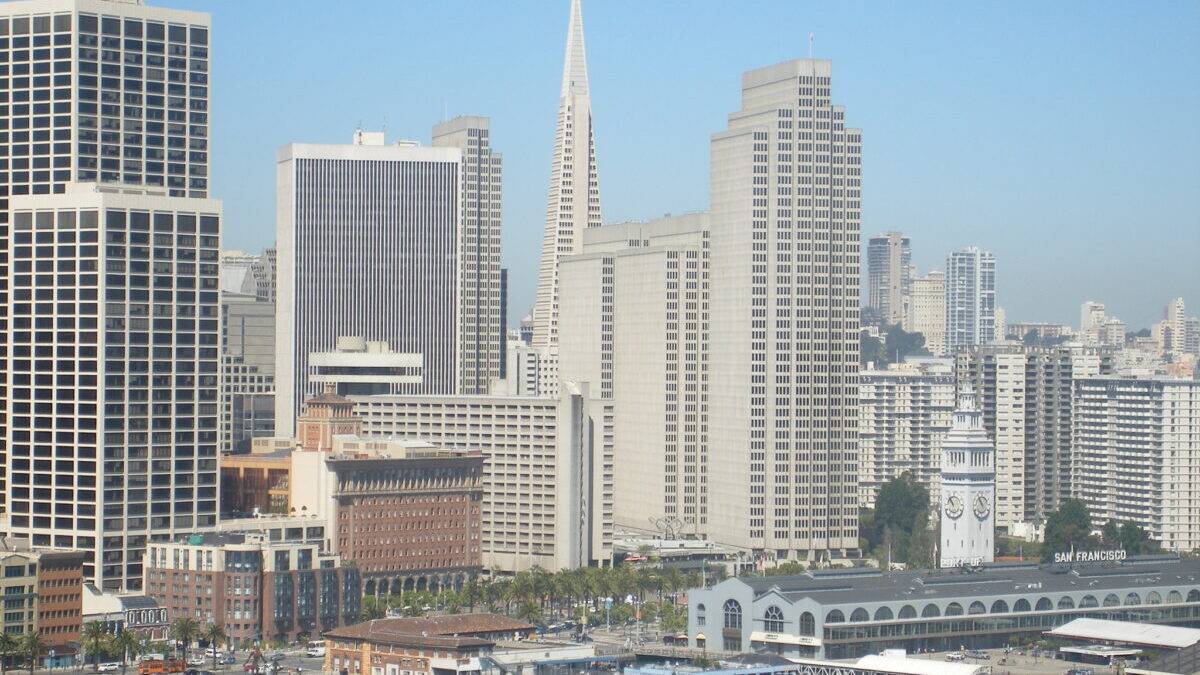
The Uber “ride-sharing” service—basically a way more convenient taxi-hailing system—just won a big battle in New York City, forcing Mayor Bill de Blasio to back down from a plan to restrict it because he doesn’t like the fact that people might actually be driving cars around Manhattan.
But the company has also lost a few battles, most notably in France, and similar companies have not been able to muster enough public support to get politicians to back down. A company called Homejoy—it was like Uber, but for home cleaning—just shut down after being hit with a lawsuit intended to force it to reclassify its workers as employees. So they went from being exploited as independent contractors to being out of work. I bet they’re really glad now that they decided to get lawyers involved.
This is part of a wider battle over the “gig economy,” in which companies like Uber and its many imitators serve to coordinate the contact between independent contractors and customers, disavowing the role of “employers” and all of the regulations it entails. But traditional politicians—most notably that old reactionary, Hillary Clinton—accuse these companies of evading “worker protections,” by which they mean a vast network of labor regulations. Of course, that’s the whole point, and it’s the main reason for the success of these services: their ability to perform an end run around extra costs and bureaucracy.
In short, the new economy is crashing up against some old politics.
Silicon Valley likes nothing better than to “disrupt” existing systems. But they think they’re disrupting economic system. What they don’t realize is what they’re disrupting is a political system, and not just one part of it, but the core of it. And it’s a political system they’re not really ideologically prepared to take on.
It’s easy to think of the innovation in a company like Uber being technological, since the technological interface is what we see. But that’s just the mechanism by which Uber operates, not the actual essence of its business. The actual essence, the thing that is actually driving a lot of the economic value Silicon Valley creates, is the process of cutting out the middle man. Silicon Valley is transforming the economy by connecting producers of goods and services as directly as possible with their customers and eliminating the brokers and sub-retailers and layers of middle managers in between. To be more accurate, they are automating the middle man. The digital middleman isn’t a broker or salesman or retailer who gets his cut. It’s a website, an app, a bunch of algorithms on a server somewhere, which operates far more cheaply and efficiently, so it can provide better results while taking a much smaller cut of the proceeds.
The problem is that the old statist politics needs the bureaucratic middleman. In fact, the corporate bureaucracy is central to their vision of our economic system. They like companies to be big, to have brick-and-mortar facilities, to have specific people working for them in a specific place, because that kind of company can be regulated, taxed, and controlled. Local governments, regulators, and inspectors can take their own cut of the money, whether aboveboard, through taxes and fees—or under the table. (Just, you know, to make sure everything goes real smooth. Be a shame if you were to have any problems with your permits.)
The politicians aren’t just taking care of themselves. They are also taking care of their political clients. In exchange for being regulated, companies were protected by barriers to entry and de facto monopolies—for example, the old taxi medallion system—that gave them a captive market. For their part, workers got all of those “protections”: mandates dictatoring their pay and benefits and the terms under which they could be hired and fired.
This is more than just a cynical trading of favors. It is a whole vision for the economy, a kind of corporate-welfare-state hybrid. The goal is to require private businesses to operate like miniature welfare states—in effect, to become organs of the welfare state. Why set up a guaranteed minimum income paid by government, when you can dictate a minimum wage paid by employers? Why have government provide people with medical care directly, when you can mandate that their employers provide health care benefits? Why have the government guarantee everyone a job for life or a certain amount of vacation, when you can pass regulations limiting the ability of private companies to fire anyone, or mandating paid vacation? And if the workers happen to be gathered into a union or some other kind of political interest group, the better to express their thanks, that’s just an extra benefit that helps preserve the system.
The mistake of our new crop of technological entrepreneurs is that they think the systems they are disrupting are there because of mere tradition or inertia or thoughtlessness or outdated technology. But remember the Law of Intended Consequences. The bureaucracy and inefficiency and extra costs are not accidents of the system. They are the system. It’s all part of the corporate-welfare-state system, and that’s what is attempting to re-assert itself. Call it the Uber Imperative: government always remakes the private economy in its own image. It always seeks to co-opt private companies into a system for distributing handouts and special favors in exchange for votes.
This is a triangular system involving politicians, so-called “crony capitalists,” and (frequently unionized) workers. The politicians get electoral support, in exchange for which they demand welfare-state-style benefits for workers, but to mollify the employers they also offer protections against competition. The actual costumer, of course, gets scarce, expensive, lower-quality service—just try getting an old-fashioned cab in New York City. But the politicians are hoping that costumers won’t understand why and won’t band together to stop it. That’s especially true in the big cities, where the welfare-state system enjoys widespread ideological support, and any objections can be met with: but what about worker protections?
The extraordinary thing about Uber is that their customers have banded together and have managed to beat back new regulations—for now.
Of course, the worker protections under the old system were protections only for some workers—and exclusions for everybody else. While they increased pay for some people, the increased costs for everybody else. In the long run, clamping down on innovation and growth hurts everyone, and all that the old system really protects is some politicians’ captive constituency.
Which implies that this is a huge opportunity for politicians on the right to win over Silicon Valley and drive a wedge through the left, dividing the old-fashioned union organizer types from the hip, educated urban professionals. But the technological elite shouldn’t be sitting around waiting for Jeb to woo them. They should be getting their own education on free-market economics and the stifling political economy of the welfare state.
It is precisely this group, by way of their college education, that tends to be least prepared to challenge the welfare-state orthodoxy of the left. But if they want to keep their Uber and their Airbnb, and all the others—plus all of the new services no one has thought up yet—that’s something they’re going to have to be prepared to do.
After all, the free market is the ultimate disruption.
Follow Robert on Twitter.









